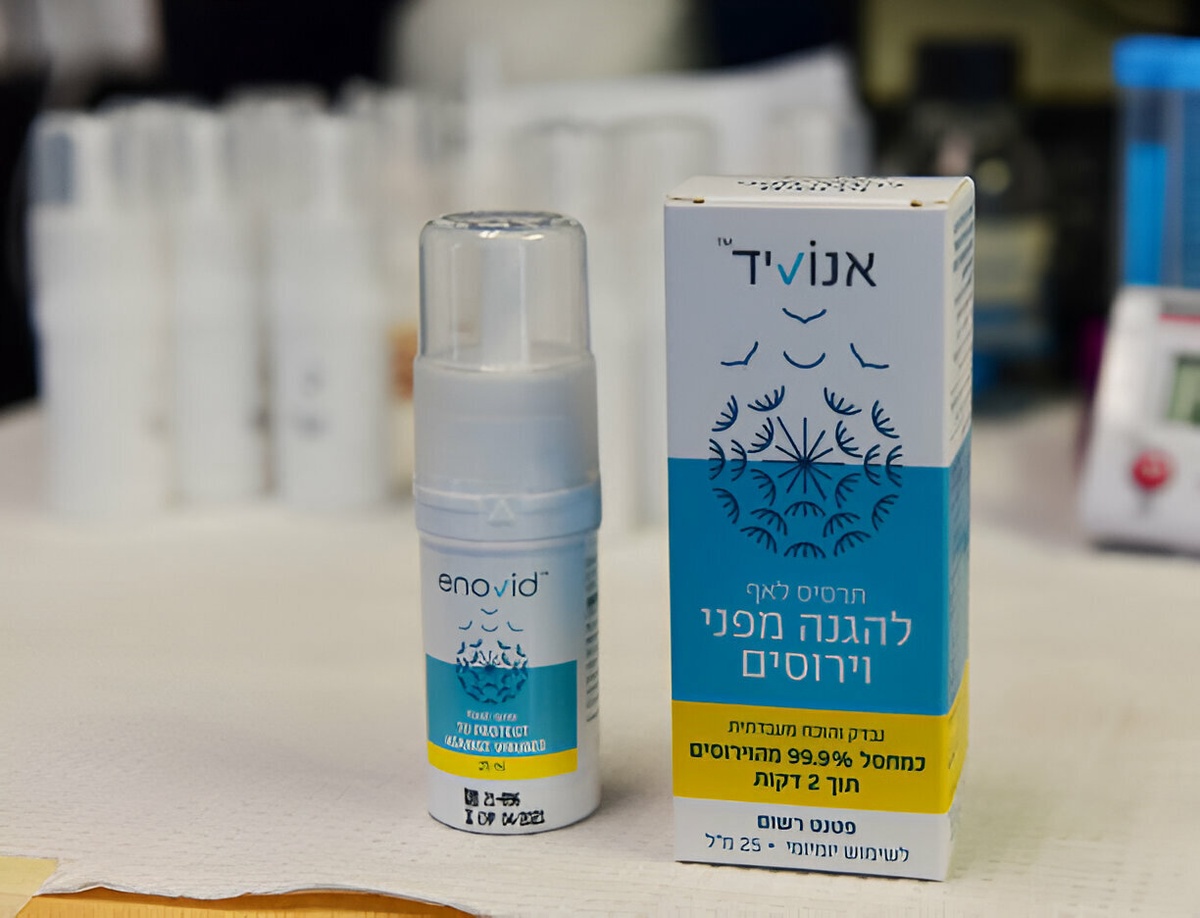In the ongoing battle against infectious diseases, maintaining optimal respiratory health is paramount. With the rise of novel viruses and seasonal illnesses, the need for effective preventive measures has never been greater. Amidst various strategies, one promising tool has emerged: antiviral nasal spray. This article delves into the science behind antiviral nasal sprays, their mechanisms of action, and their potential role in safeguarding respiratory health.
Understanding Antiviral Nasal Sprays
Antiviral nasal sprays are innovative formulations designed to combat viral infections at their point of entry—the nasal passages. Unlike traditional medications that target symptoms after infection, these sprays work proactively to prevent viral entry and replication within the body.
The key components of antiviral nasal sprays often include:
Antiviral Agents
These are compounds that directly inhibit viral replication or disrupt viral particles. Common antiviral agents include povidone-iodine, carrageenan, and liposomal nanoparticles.
Antimicrobial Substances
Ingredients such as saline solutions or essential oils possess antimicrobial properties that can help clear nasal passages of pathogens and reduce the risk of infection.
Moisturizers and Soothing Agents
Some nasal sprays contain moisturizing agents like aloe vera or glycerin to alleviate dryness and irritation in the nasal mucosa.
Mechanism of Action
Upon administration, antiviral nasal sprays coat the nasal mucosa, forming a protective barrier against incoming pathogens. This barrier serves multiple purposes:
Prevention of Viral Attachment
Antiviral agents in the spray can interfere with the attachment of viral particles to host cells, thereby preventing infection.
Inactivation of Viral Particles
Certain compounds have the ability to disrupt the structure of viral particles, rendering them non-infectious.
Stimulation of Immune Response
Some nasal sprays contain immunomodulatory agents that stimulate the local immune response, enhancing the body's ability to fight off invading pathogens.
By targeting viruses at the site of entry, antiviral nasal sprays offer a proactive approach to reducing the risk of respiratory infections.
Efficacy and Clinical Evidence
The efficacy of antiviral nasal sprays has been demonstrated in various clinical studies. Research suggests that these sprays can significantly reduce the risk of viral infections, including influenza and the common cold. For example, a study published in the Journal of Medical Virology found that a nasal spray containing povidone-iodine effectively reduced viral titers and shortened the duration of illness in individuals with influenza.
Similarly, a randomized controlled trial published in the European Respiratory Journal showed that carrageenan-based nasal sprays reduced the incidence of cold symptoms and viral shedding in participants exposed to rhinovirus.
While individual studies may vary in their methodologies and findings, the collective evidence suggests that antiviral nasal sprays have the potential to be valuable tools in the prevention of respiratory infections.
Application and Safety Considerations
Antiviral nasal sprays are typically administered via a simple nasal spray bottle. The frequency of use may vary depending on the product and individual preferences, but most manufacturers provide clear instructions for proper usage.
When using antiviral nasal sprays, it is essential to follow recommended guidelines and precautions:
Proper Technique
Ensure that the nozzle of the spray bottle is inserted gently into the nostril, and administer the recommended number of sprays. Avoid inhaling deeply during administration to prevent irritation.
Hygiene Practices
Maintain good hygiene practices, such as washing hands before and after use, to minimize the risk of contamination.
Avoidance of Contact with Eyes
Antiviral nasal sprays are intended for nasal use only and should not come into contact with the eyes. If accidental contact occurs, rinse thoroughly with water.
Consultation with a healthcare provider
Individuals with underlying medical conditions or those taking medications should consult their healthcare provider before using antiviral nasal sprays to ensure compatibility and safety.
While antiviral nasal sprays are generally considered safe for most individuals, rare adverse reactions, such as nasal irritation or allergic reactions, may occur. Discontinue use and seek medical attention if adverse effects persist or worsen.
Future Directions
As research into antiviral nasal sprays continues to evolve, future developments may yield even more effective formulations with broader antiviral activity. Additionally, advancements in delivery systems and formulation techniques may enhance the efficacy and convenience of these sprays, further increasing their utility in preventive healthcare.
Conclusion
In conclusion, antiviral nasal sprays represent a promising approach to safeguarding respiratory health. By targeting viruses at their point of entry, these sprays offer a proactive strategy for reducing the risk of respiratory infections. While further research is needed to fully elucidate their efficacy and long-term safety, current evidence suggests that antiviral nasal sprays have the potential to be valuable tools in the fight against infectious diseases.
Incorporating antiviral nasal sprays into comprehensive preventive healthcare regimens may help individuals protect themselves and their communities from respiratory illnesses, particularly in times of heightened viral transmission. As we navigate the challenges of infectious disease outbreaks, embracing innovative solutions like antiviral nasal sprays can empower us to stay healthy and resilient in the face of adversity.


No comments yet